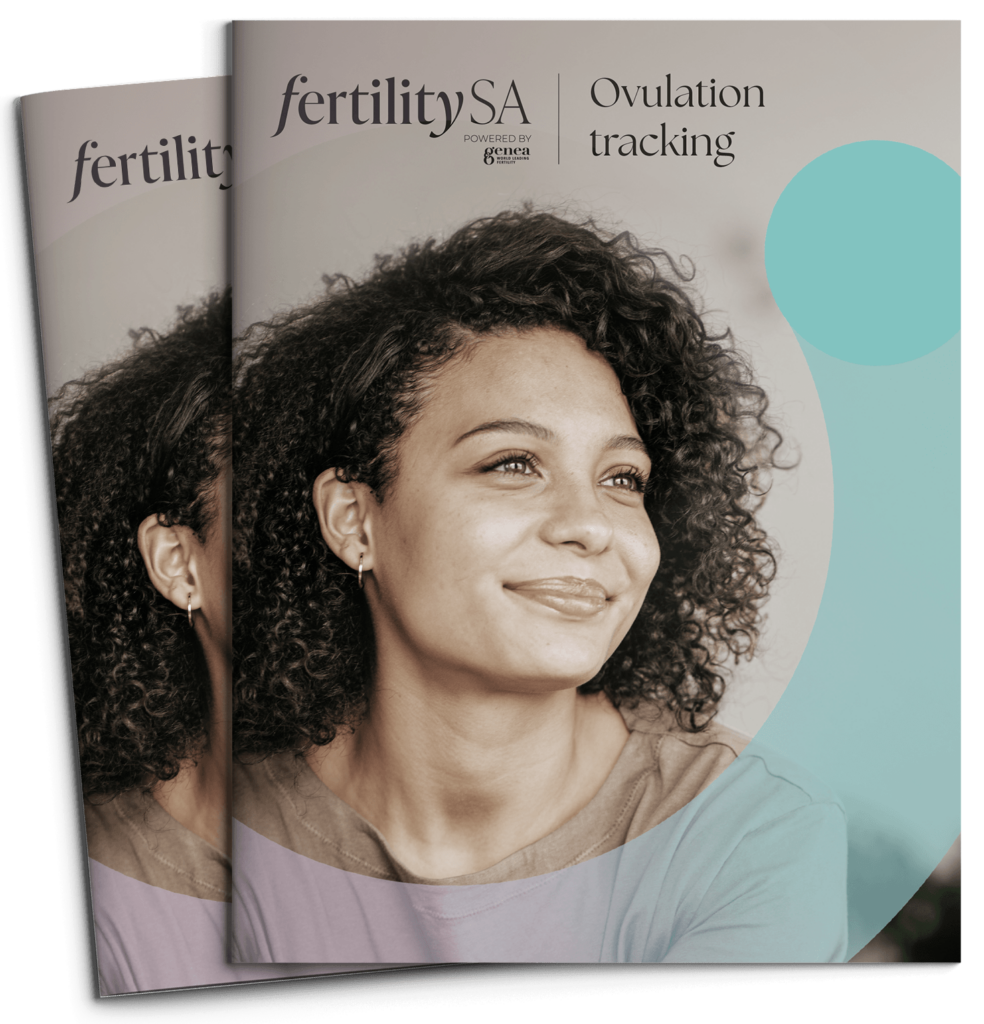Ovulation tracking is a straightforward fertility treatment that helps pinpoint the optimal time for conception by monitoring hormone levels through regular blood tests. In addition to identifying the best time to conceive, these tests can also detect any ovulation issues, allowing for further investigation or treatment if necessary.
The tracking process is non-invasive and involves periodic blood tests, which can be done without interrupting your daily routine. Dr Nisenblat is affiliated with Genea Fertility SA fertility clinic, which offers to track your ovulation by doing regular blood tests during your monthly cycle. We offer three ovulation tracking cycles at no out of pocket cost to Medicare-eligible patients. Please note that additional costs may apply if further fertility investigations are required.

Step 1: Assess if you will benefit from this option and get a Referral.
We suggest you schedule an appointment with Dr Nisenblat to discuss your fertility investigations and arrange the referral for your natural cycle tracking.
Step 2: Once the referral is sent, contact the nursing team at Genea Fertility SA.
You will be given a copy of the referral and information brochure which include information and contact details of ovulation tracking nursing team. You will be asked to reach out to ovulation tracking nurses between day 1 and 3 of your next menstrual cycle (Day 1 is the first day of your period). They will advise you on the ideal day for your initial blood test.
Step 3: Ovulation tracking Blood Tests
Your initial blood test will be performed around Day 9-10 of your cycle but may be sooner or later than that depending on your cycle length. After this test, the nurse will contact you with instructions on whether to schedule a follow-up test or to attempt conception through unprotected intercourse. Typically, three blood tests are conducted initially to confirm ovulation.
Seven days after confirming ovulation, you will need a final blood test to check your progesterone levels, which rise after an egg is released.
Step 4: Pregnancy Test
If your period has not arrived within 16 days following ovulation, you will be asked to have a pregnancy blood test. If this test is positive, the nurses will inform Dr Nisenblat and further follow up will be arranged to monitor your pregnancy progresses normally. If the test ifs negative, the nurses will organise another cycle tracking or offer appointment with Dr Nisenblat. Dr Nisenblat will be informed of your cycle tracking outcome.

Understand the fundamentals of your fertility cycle, determine the best times for conception, and learn how age factors into your reproductive health.

Dr Victoria Nisenblat is an experienced Gynaecologist with 20+ years of experience managing gynaecological conditions medically and surgically where indicated. She is also a certified Fertility Sub-Specialist, having completed the Certificate of Reproductive Endocrinology and Infertility (CREI).